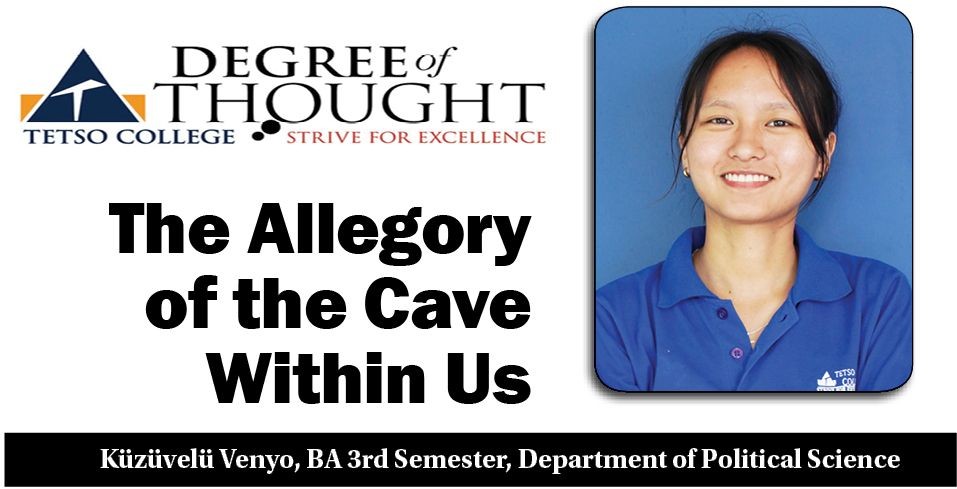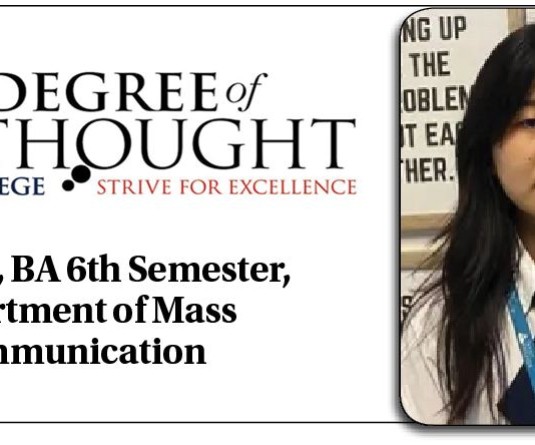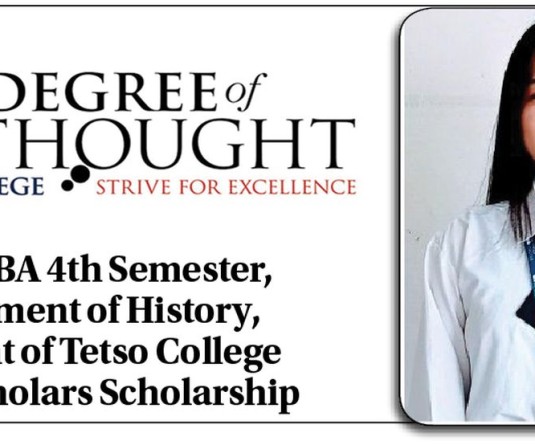
The Allegory of the Cave is one of the most significant and influential passages in Plato’s The Republic, written around 375 BCE, and stands as a cornerstone in the history of Western philosophy. The central question of this broader work is: What is justice? Is it better to live a just life rather than an unjust one? To explore this, Plato envisions the creation of an ideal state, through which he seeks to clarify the nature of justice.
The allegory itself appears in Book VII of The Republic (out of its ten books) and serves as a powerful metaphor for idealism. It challenges us to look beyond superficial appearances and material concerns, guiding us toward deeper truths and higher realities.
What is an Allegory?
An allegory is a story or visual representation in which characters, places, or events stand for deeper meanings, often with moral, political, or philosophical significance. Writers and artists have long used allegory across different forms of art to simplify complex ideas, capture attention, and communicate hidden truths. Allegories typically work through symbolic figures, actions, imagery, or events that carry layers of meaning beyond their literal sense, enabling the author to shape the interpretation in the way they intend.
Plato’s Allegory of the Cave
Plato offers a profound illustration of human perception and knowledge in his Allegory of the Cave. He describes prisoners chained since childhood in a dark cave, unable to turn their heads, forced to look only at the wall before them. Behind them burns a fire, and between the fire and the captives, objects and figures pass, casting shadows on the wall. To the prisoners, these shadows—accompanied by echoes—constitute the whole of reality, since they have never seen anything else.
Plato raises the question: have they ever truly seen themselves or each other, beyond these fleeting shadows? If they could converse, would they not name and describe only the shadows as though they were real things?
The allegory continues as one prisoner is freed. At first, he suffers, his eyes overwhelmed by the firelight and, later, by the brightness of the world outside. Slowly, he realises that the shadows were illusions. He begins to see objects, forms, and finally the sun itself—the ultimate source of truth and reality. Through this painful but transformative process, he attains wisdom and a deeper understanding of existence.
When he returns to the cave to share his discovery, his vision fails in the darkness. The others ridicule him, convinced his journey has harmed him. Worse still, they see him as dangerous for challenging their accepted reality, even conspiring to kill anyone who tries to free them.
How is this Passage Still Relatable?
Plato’s metaphors remain striking today. The sun represents truth, while the disturbing suggestion is that we are the prisoners. Those who create the shadows may be compared to powerful forces—leaders, media, and institutions that shape our opinions, beliefs, and perspectives.
Plato also explains two types of confusion: moving from darkness to light (ignorance to knowledge) and from light back to darkness (clarity to uncertainty). Both transitions take time, so we should not mock someone who seems confused; their struggle may signal they are adjusting to a new reality.
Often, we laugh at what we cannot understand—sometimes out of ignorance, sometimes because truth is difficult to grasp. Yet, as Plato reminds us, the capacity to learn already lies within the soul. The real problem of the prisoners is not a lack of intelligence, but their focus: they keep looking at the wrong things. To change, they need only to turn toward the light.
What is the difference between all of us?
The difference lies not in our abilities, but in our desires. For instance, everyone is capable of learning calculus, but not everyone chooses to. What drives people is the variation in their will and motivation.
In Plato’s Allegory of the Cave, the prisoner symbolises someone who is too attached to the shadows of the cave—too invested in what is familiar—while lacking the desire to pursue true knowledge. Plato, therefore, rejects the idea of passively receiving information as if it were simply poured into the soul. Instead, he urges students to be active seekers of truth.
Escaping the Cave
This message resonates with us even in Naga society today. We often remain confined within our comfort zones, building bubbles of safety that prevent us from exploring the unknown. Our fear of risk stops us from taking the first flight, and in doing so, we never discover our full potential.
As students and as human beings, we must challenge ourselves. We need to move beyond the mindset that tells us we are never enough—a mindset that holds us back from achieving great things. One lesson we can draw from the allegory is that gaining education and enlightenment is not always easy. Like the freed prisoner who struggled with the blinding light of the sun, learning can be painful, tiring, and less entertaining than other pursuits. Yet, through this process, he gradually opened his eyes and came to understand the importance of the sun—the ultimate truth.
The same applies to us. Growth does not mean exhausting ourselves with impossible tasks, but it does mean daring to try. If we never step outside our comfort zone, we will never learn. So, let us ask ourselves: Where do we want to be? And once we know, let us commit fully to the journey.
“Reality is created by the mind; we can change our reality by changing our minds” ~Plato
Degree of Thought is a weekly community column initiated by Tetso College in partnership with The Morung Express. Degree of Thought will delve into the social, cultural, political and educational issues around us. The views expressed here do not reflect the opinion of the institution. Tetso College is a NAAC Accredited UGC recognised Commerce and Arts College. The editorial team includes Chubamenla, Asst. Professor Dept. of English and Rinsit Sareo, Asst. Manager, IT, Media & Communications. For feedback or comments please email: dot@tetsocollege.org






